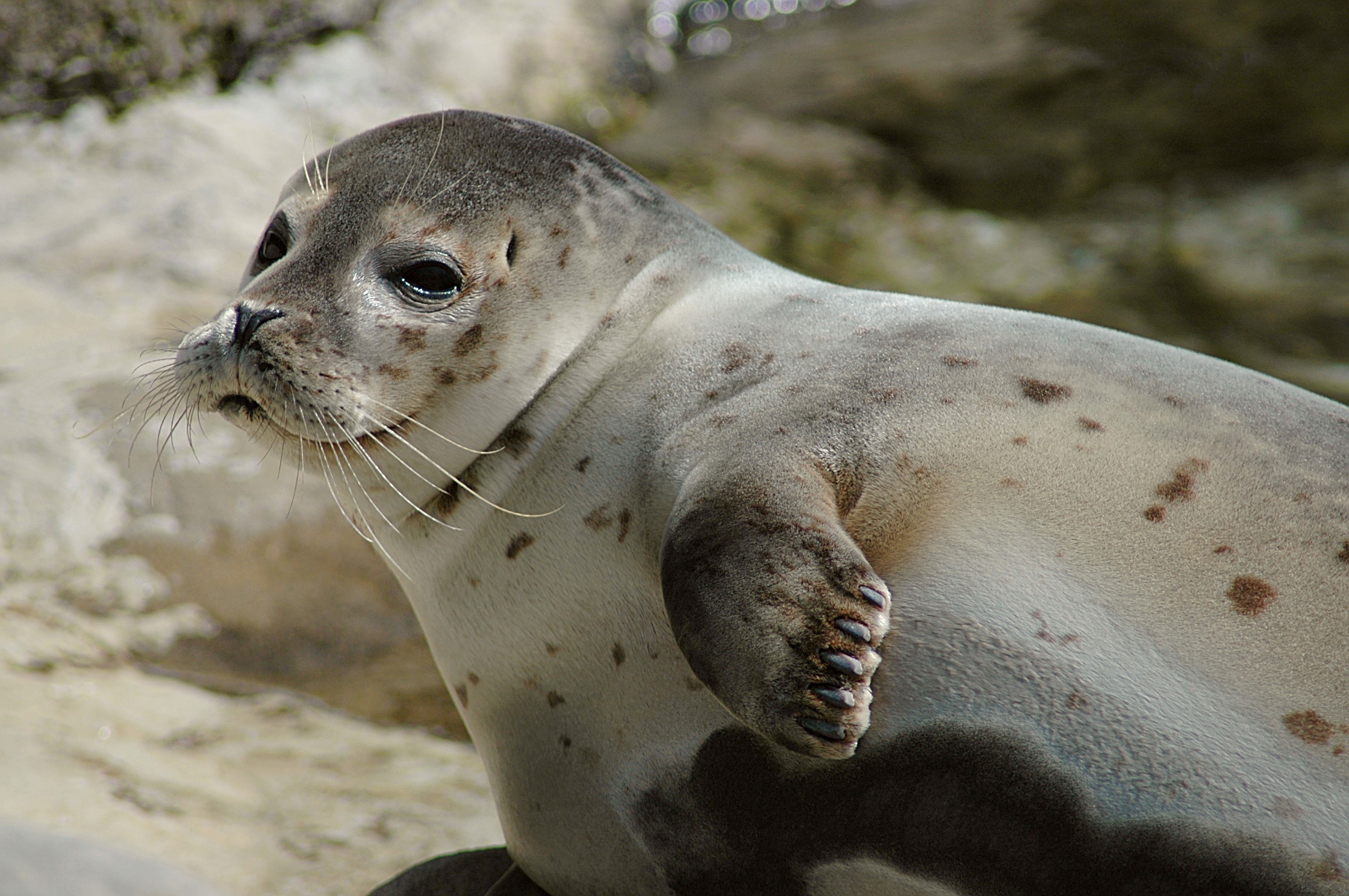Hi guys,
I do have a problem with my last two brew...
Let me tell you that I brew since 4 years now, all grains with an electric brewery.
I keg using 5 gallons Cornelius and force carb/condition using a CO2 tank inside a commercial fridge in the basement. (Got a pair of 9 ways distribution gas manifold).
I never had a problem this way for years, until now: All of the kegs of the two last brew can't be carbonated. The older ones are.
The tank isn't empty by the way..
I even took one keg and put it in my fridge dispensing beer for a week and it seem not to carbornate there too.
I tried 5 kegs, from 2 differents brews, they don't carbonate at all.
Do you have an idea?!
thanks for the help,
David
I do have a problem with my last two brew...
Let me tell you that I brew since 4 years now, all grains with an electric brewery.
I keg using 5 gallons Cornelius and force carb/condition using a CO2 tank inside a commercial fridge in the basement. (Got a pair of 9 ways distribution gas manifold).
I never had a problem this way for years, until now: All of the kegs of the two last brew can't be carbonated. The older ones are.
The tank isn't empty by the way..
I even took one keg and put it in my fridge dispensing beer for a week and it seem not to carbornate there too.
I tried 5 kegs, from 2 differents brews, they don't carbonate at all.
Do you have an idea?!
thanks for the help,
David























![Craft A Brew - Safale BE-256 Yeast - Fermentis - Belgian Ale Dry Yeast - For Belgian & Strong Ales - Ingredients for Home Brewing - Beer Making Supplies - [3 Pack]](https://m.media-amazon.com/images/I/51bcKEwQmWL._SL500_.jpg)


















